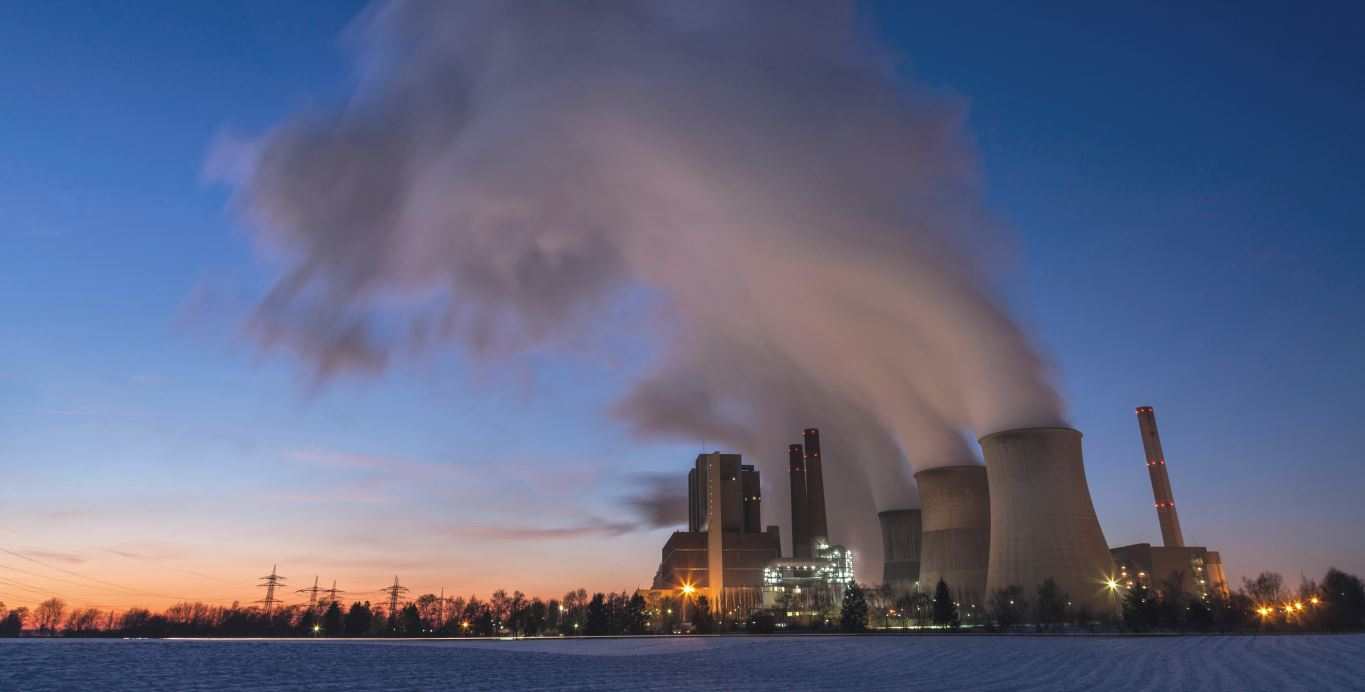
Practical information
Despite the EU’s long-standing commitment to climate action, its energy-related GHG emissions have picked up again in 2017. Renewables keep making inroads in the EU electricity mix but delays in reducing coal-fired generation are undermining the EU’s overall climate policy.

The stakes are particularly high in Germany where more than 100GW of renewable capacity has been deployed, while coal still accounts for about 40% of the electricity produced. Following the UK’s example, France has repeatedly called for the introduction of an EU or regional carbon price floor for the power generation sector, as a way to guarantee stable incentives to switch to less emission-intensive technologies. This proposal is triggering interest in neighbouring States but concrete steps are still missing, knowing that the German government’s coalition agreement remains largely evasive on the topic of carbon pricing.
This Ifri Energy Roundtable will aim at discussing the most realistic options for accelerating coal phase out in North-Western Europe.
Introduction by Marc-Antoine Eyl-Mazzega, Director of the Ifri Centre for Energy
- Suzana Carp, Bussels Representative, SANDBAG - Analysis of the post-reform EU ETS & lessons learnt from the UK carbon price floor experience
- Ghislain Ferran, Head of Carbon Markets Unit, French Ministry for an Ecological and Inclusive Transition - France's proposal for a regional carbon price floor: what next?
- Felix Matthes, Research Coordinator for Energy & Climate, Öko-Institut - Germany’s new government: any strategy to reduce coal and GHG emissions ?
- Emmanuel Tuchscherer, Director of European Affairs, ENGIE - Is the EU ETS fit for the power sector?
Moderator: Olivier Appert, Senior Advisor, Ifri Centre for Energy
To register, please click here
Other events

Paris Naval Conference 2026: Naval Rearmament and Operations in Contested Waters
This fourth edition of the Paris Naval Conference (CNP), bringing together high-level military, industrial, and academic speakers, will address the challenges associated with general naval rearmament and naval operations in increasingly contested environments.





